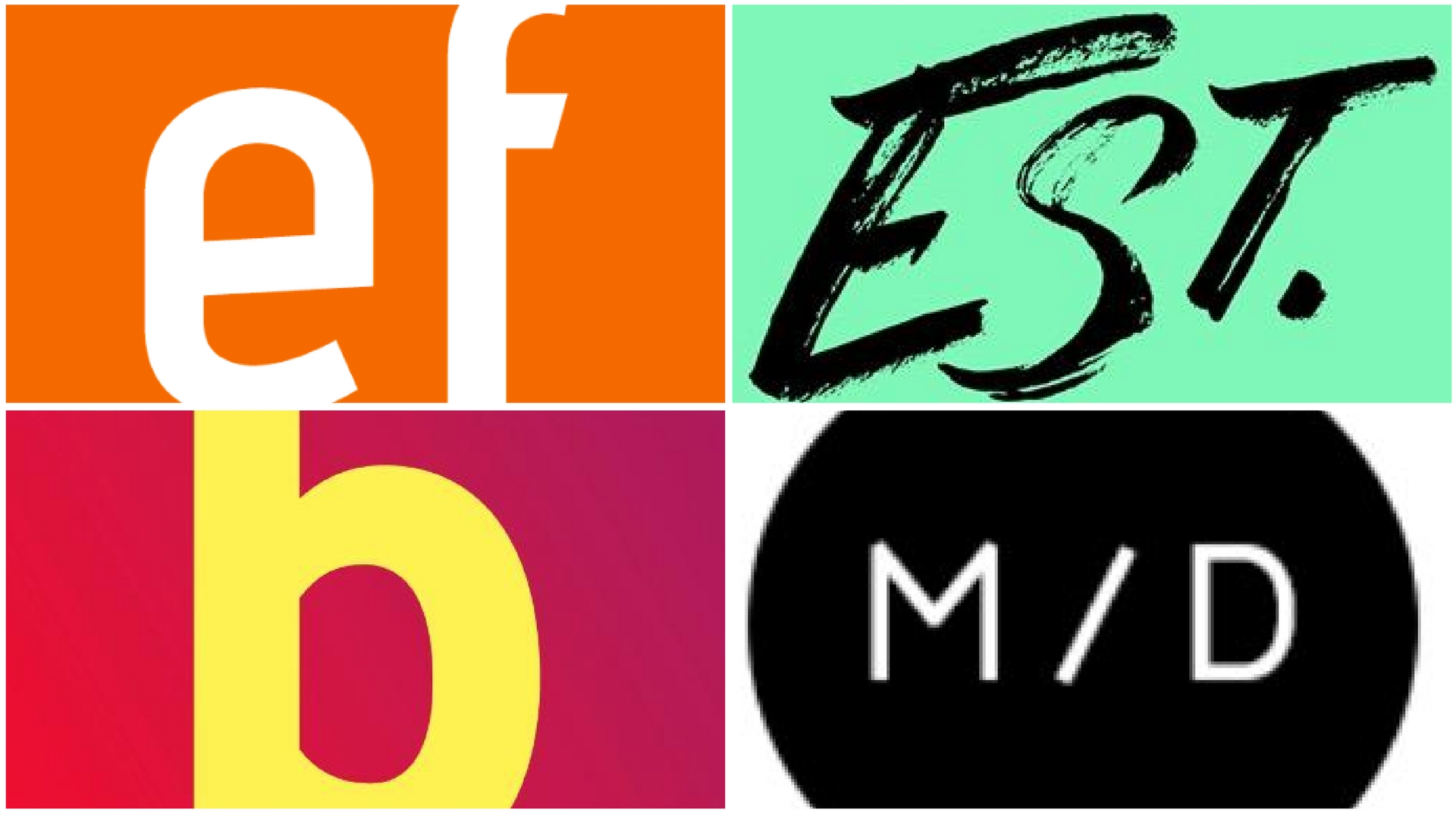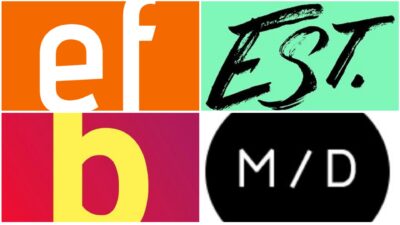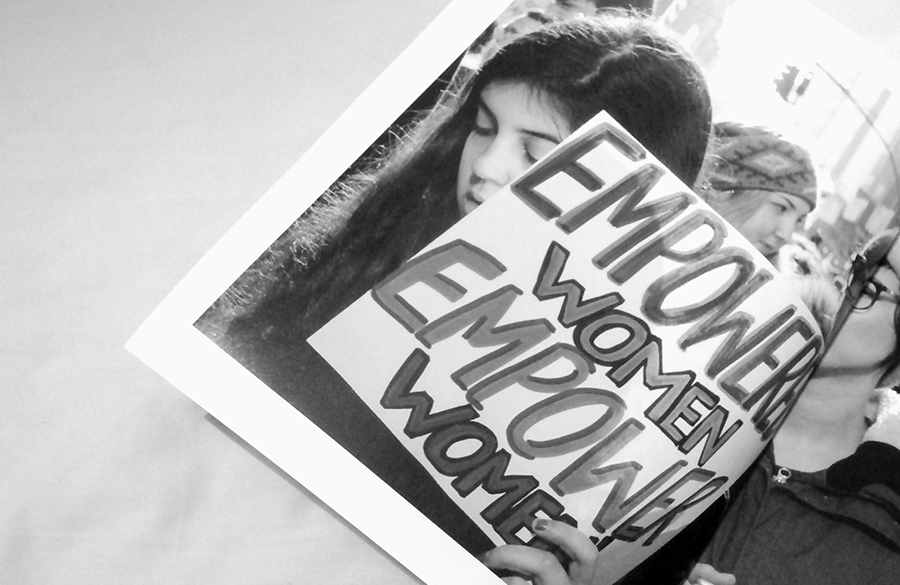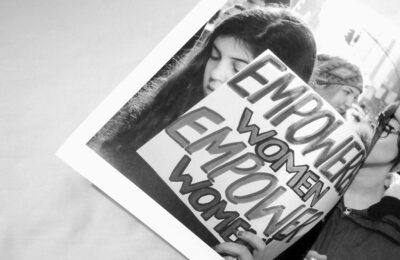If you're reading this (and TMM in general) I wanna bet you already pretty politically active and relatively socially aware of what's going on in the Read More
Your Faves Are Problematic | Why Celebrity Feminism Is Flawed
Emma Watson. Chimamanda Ngozi Achide. Selma Hayek. etc. etc. What do all these women have in common? They all self identify themselves as feminists. Read More




